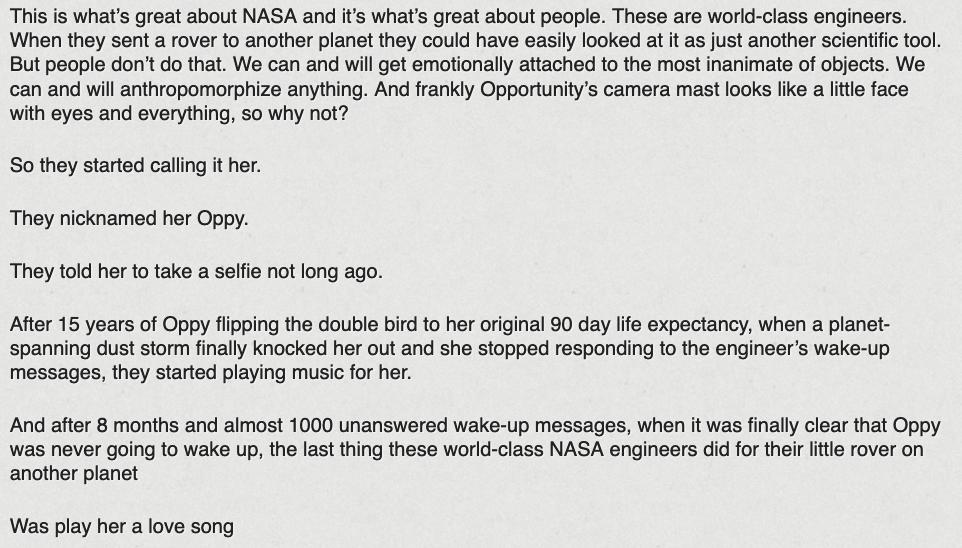Came across a good longread article in The New York Times earlier this week on ‘The Secret History of Women in Coding‘.
Whilst I already knew about quite a lot of the history (Ada Lovelace, the Bletchley Park ladies, Grace Hopper etc), I’d never thought too deeply about the reasons for the disconnect between the significant involvement of women in the early days of the computing ‘industry’ and the current split between the sexes in the industry beyond the obvious narrative around career inequality etc.
I find it particularly interesting because my original career was law – traditionally a stuffy male preserve. Yet whilst at Uni, women made up over 50% of my cohort. It’s a trend that has continued over the years, to the extent that far more women than men now study law. But in the past twenty years that I’ve been working in and around the technology industry, it’s clear that the story is quite different for coding which is now heavily male-dominated, despite its origins.
The article raises an interesting point: because in the early days literally no-one had any coding experience, recruiters weren’t seeking out those with previous expertise. But this all changed with the introduction of affordable computers into homes in the 1980’s. Suddenly you had teenagers who acquired many hours of experience whilst experimenting with their home computers. And, for the most part, they were male. The article argues this was due to the stereotypical ‘boys like building/engineering, girls like craftwork/housework’ split that was obviously more prevalent back in the households of that decade.
It’s a great long article. But for me, the most important point comes in the explanation of the different attitude adopted by Carnegie Mellon University who identified the issue. Instead of rewarding the ‘obsessive hacker’ with a place at University studying computer science, they broadened their outlook considerably:
“They still wanted to encourage those obsessive teenage coders, but they had come to understand that the neophytes were just as likely to bloom rapidly into remarkable talents and deserved as much support. “We had to broaden how faculty sees what a successful student looks like,” he says.
“The admissions process was adjusted, too; it no longer gave as much preference to students who had been teenage coders. Faculty members became more used to seeing how green coders evolve into accomplished ones, and they learned how to teach that type.
“Carnegie Mellon’s efforts were remarkably successful. Only a few years after these changes, the percentage of women entering its computer-science program boomed, rising to 42 percent from 7 percent; graduation rates for women rose to nearly match those of the men.”
I’m a huge believer in this. With the exception of a one-off short project, experience really doesn’t matter in a whole range of activities. Give me someone who has the passion and drive to learn from scratch any day of the week. Perhaps easier said than done for many institutions that are still too brittle to change their ways or culture. Still – given the divergence between the limited supply and the unmet levels of demand for coders, when you consider just how outsized the potential rewards are, surely it can be nothing other than a direction that’s worth taking. For everyone involved.



